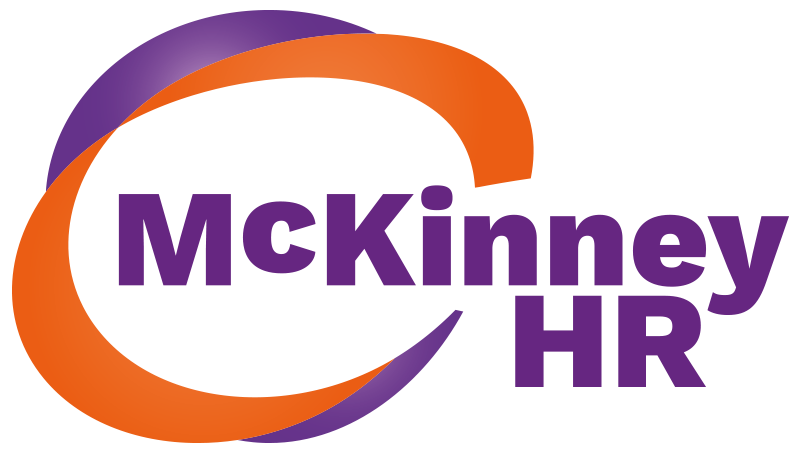Early August is when exam results arrive in Scotland. This year (2023), one of the team’s daughters received their results – and was disappointed. They were fantastic results, As and Bs, however peer pressure to be better than the next person, the drive for all As and perfection and the feeling that it was somehow not good enough, overshadowed the success. When we look at ourselves it is easy to find all the things we don’t like and hard to see what we do like, what our strengths are – so this can be a common reaction. Much praise was passed on from all her family but sometimes giving praise needs delicately handled – at home or at work.
In the workplace, Managers giving praise can sometimes be an obstacle. It’s easier to see what is wrong than what is right. Teams can be torn apart by the bad attitude of one individual who gets all the attention, while the good actions of all the others go unnoticed. Therefore, praise is critical to a successful team.
Praise is one of the most powerful things that a manager can offer their team. Yet some Managers can feel uncomfortable giving praise as it’s not their natural approach, they are new to the role or they are not good at recognizing opportunities to show appreciation.
Below are some tips to help Managers:
- Try setting goals to praise someone in the team every day, actively look for the positives.
- Be Timely – praise should be real time. If something good happens today, tell them today.
- Be Developmental – Giving specific positive feedback can help develop an individual.
- Know the team and understand their preferences – Do they like compliments shared with the world? Do they prefer a card, a message, a quiet word? Or want their success shared with others, perhaps in a team meeting, remotely or face to face?
- Create a supportive team – encourage coworkers to share feedback with each other. This is also good for building relationships within a team.
Finally make sure praise is sincere. Managers need to own the feedback they give. Sincere appreciation can make a team feel confident and connected. This leads to an engaged team which in turn can lead to better results.
